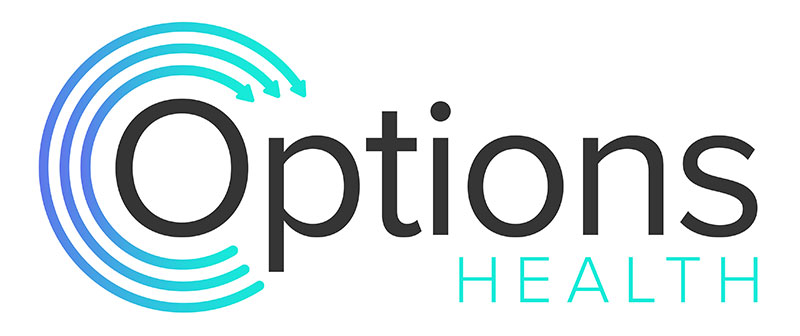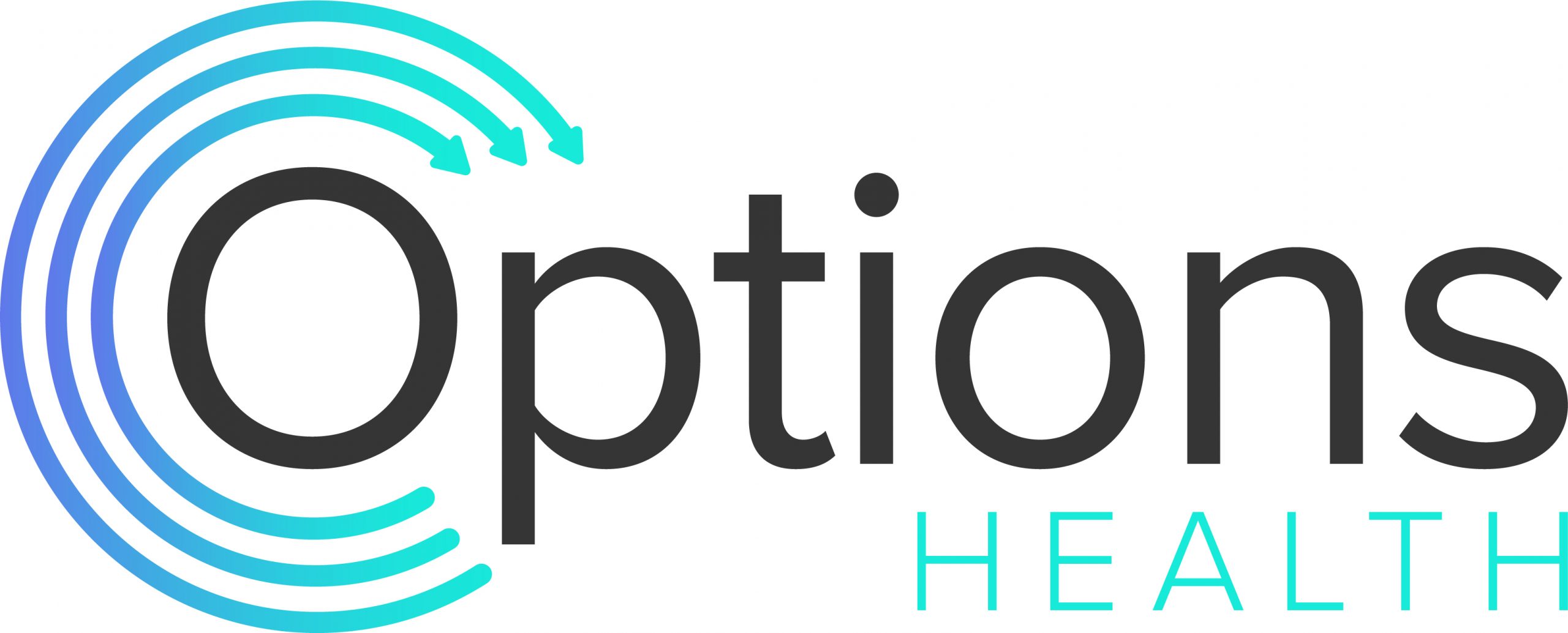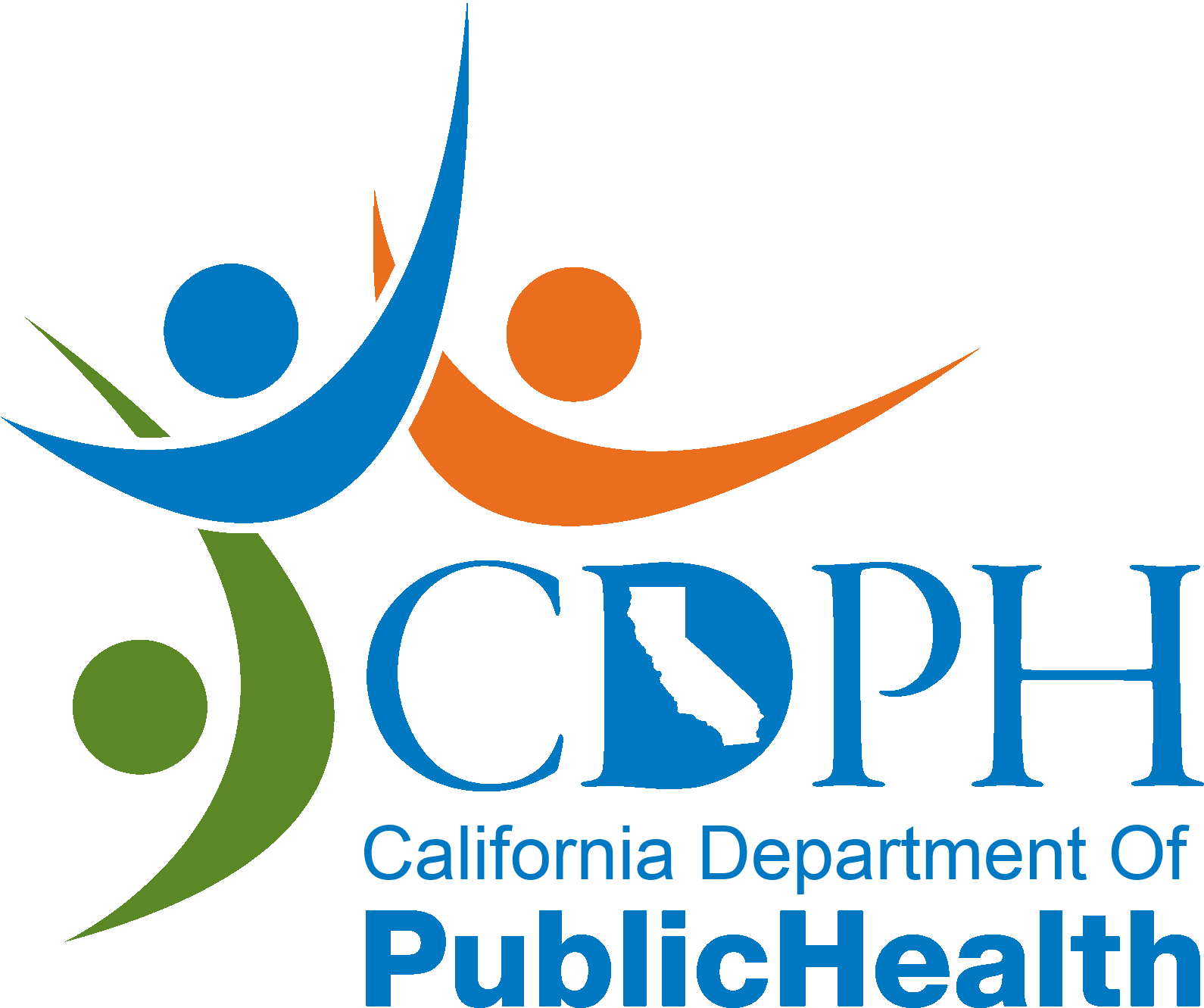You may have heard emergency contraception referred to as the morning-after pill, or brand names such as Plan B and Ella. Emergency contraception is a term used for drugs taken after sex with the intent to prevent pregnancy. There are different brands of emergency contraception available, but the most common are Plan B One-Step and Ella.
Plan B One-Step
Plan B One-Step also is referred to as the morning-after pill. It is intended to prevent pregnancy after a known or suspected contraceptive failure, unprotected intercourse, or forced sex. It contains large amounts of levonorgestrel, a progestin hormone found in some birth control pills. Plan B One-Step may work by preventing the egg and sperm from meeting by delaying ovulation. It won’t disrupt an implanted pregnancy, but may prevent a newly formed life from implanting in the uterus.
Plan B One-Step consists of one pill taken up to 72 hours after sex.
Side effects may include changes in your period, nausea, lower abdominal pain, fatigue, headache, and dizziness. If your period is more than a week late, you may be pregnant from a prior sexual encounter. Plan B One-Step should not be taken during pregnancy or used as a routine form of birth control.
There is evidence that Plan B One-Step use may increase the risk for ectopic (tubal) pregnancy, a potentially life-threatening condition. Women who have severe abdominal pain may have an ectopic (tubal) pregnancy, and should seek immediate medical attention.
It is reported that Plan B One-Step may prevent an average of 84% of expected pregnancies.
An estimated 1 to 2 out of 100 women who have unprotected sex one time and correctly use the morning-after pill will get pregnant. The morning-after pill doesn’t offer protection from sexually transmitted infections.
Ella
Ella is an FDA-approved emergency contraceptive for use within 5 days of unprotected sex or contraceptive failure, which is why it is sometimes referred to as “the week-after pill.” It is estimated that taking Ella will reduce the number of expected pregnancies from 5.5% to 2.2%.
Ella may reduce the chance of pregnancy by preventing or postponing ovulation. It also may work by preventing a fertilized egg from implanting in the uterus, which is a very early abortion. Ella is a chemical cousin to the abortion pill. Both share the progesterone-blocking effect of disrupting the embryo’s attachment to the womb, causing its death.
The most common adverse reactions of Ella include headache, nausea, stomach (abdominal) pain, menstrual cramps, fatigue, and dizziness. Women who experience abdominal pain 3 to 5 weeks after using ella should be evaluated right away for an ectopic pregnancy.
If you have questions about emergency contraception, we are here to help you. We’re just a phone call away. Call today to make your free and confidential appointment with one of our trained client advocates.
Options Health is a safe place where you can confidentially come and discuss sexual health, pregnancy, and relationship issues with one of our client advocates. Feel free to contact us today to take advantage of our free services, including pregnancy testing, ultrasounds, abortion alternative counseling and even after abortion counseling. We are here for you and ready to listen!
Sources:
Birth Control Guide. FDA Office of Women’s Health. http://www.fda.gov/downloads/ForConsumers/ByAudience/ForWomen/FreePublications/UCM207070.pdf
Morning-after pill: Definition. Mayo Clinic. http://www.mayoclinic.com/health/morning-after-pill/MY01190
Morning-after pill: Risks. Mayo Clinic. http://www.mayoclinic.com/health/morning-after-pill/MY01190/DSECTION=risks
Frequently Asked Questions. Plan B One-Step. http://planbonestep.com/faq.aspx
Emergency Contraception: Morning After Pill. American Pregnancy Association. http://americanpregnancy.org/preventing-pregnancy/emergency-contraception/



